At the intersection of nature and consumerism exists an economic opportunity. Companies can manipulate a nature lover’s identity into a costly pursuit of image. Pair that with pressure to show the most glamorous fraction of your life on social media, and the outdoor retail industry thrives. Yet, as the climate crisis continues to escalate and stolen lands receive long-overdue recognition, the once-idealized outdoor recreation industry is poised for criticism. To survive, outdoor recreation businesses and conservation organizations must reevaluate how they serve all people and the good of the planet. The question is: how do these considerations shape a new kind of Outdoor Retailer show event, and inclusive conservation?
I first commend the Outdoor Industry Alliance’s decision to move their annual trade show from Salt Lake City to Denver in 2018 to take a stand against Utah’s government officials support of the reduction of Bears Ears National Monument. This choice diverted the show’s $110 million annual economic impact to a city proud to value conservation, environmental respect, and equity.
But, even as places are selected for their environmental values, the environmental movement must look to who is uplifted and honored. Disproportionately, leadership and participation in environmental organizations and outdoor recreation has looked white and affluent. Although significant progress has been made in gender diversity in the field, the most powerful positions are scarcely held by women and people of color. In response to this historical inequity, I join many others to envision an inclusive environmental movement.
At Elevate Conservation: Outdoors for All, the tide of inclusive conservation rose at the hands of dedicated thought leaders who have created, are creating, and will continue to create new conservationist identities.
In the words of Native Women’s Wilderness founder and honoree Jaylyn Gough, “the outdoor industry is currently gleaning billions of dollars from stolen lands.” That means industry professionals and those who claim environmental identities must respect the history of the lands they occupy and enjoy. At Outdoors for All, the Denver Singers began the event with a blessing dance. They acknowledged that Denver is a meeting point for many tribal groups, and continues to be home to 60,000 indigenous people in the Denver metro area. I viewed this acknowledgement as deep recognition of relationship to place–more than a token gesture. In her speech, Gough urged attendees to ask ourselves, “whose land are you exploring?” I am searching for what is next for an environmental movement with a history of racism, eugenics, and displacement.
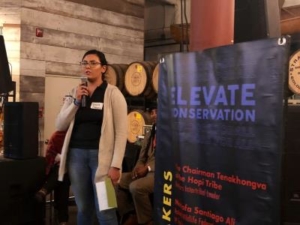
Yesica Chavez, Student Coordinator at Environmental Learning for Kids
Speakers at the Outdoors for All event inspired the crowd with their work, action items, and callouts. In addition to Jaylyn Gough’s powerful message, Hopi Vice Chairman Clark Tenakhongva highlighted the collaborative work of Hopi, Zuni, Ute Mountain Ute, Diné, and Ute tribes in the Bears Ears Inter-Tribal Coalition to protect 1.3 million acres of sacred tribal lands. Yesica Chavez, Student Coordinator at Environmental Learning for Kids, called upon organizational leaders to offer paid internships and jobs to underrepresented groups and enact equitable hiring practices. Mustafa Santiago Ali, Vice President of Environmental Justice, Climate, and Community Revitalization at the National Wildlife Federation, outlined three ways we can win on climate: honor culture, anchor our efforts in a place of authenticity, and live up to the responsibility that comes with privilege. I walked out of the event feeling represented and inspired, but with lingering questions about next steps.
My Jodo Shinshu Buddhist community in Honolulu taught me the importance of gratitude, which is central to my identity. I am privileged to never worry about going hungry, be a college graduate, and often claim my white or multiracial identities at my convenience. Now, I add that I am grateful to have paid work at Conservation Colorado for a cause I support deeply.
While I once found comfort in simply being grateful, the Elevate Conservation event was a powerful reminder that action follows appreciation.
For inspiration, I look to leaders in the Green 2.0 movement, including the visionaries of Protégete working to empower voices of Latinx communities. For suggestions about my own actions, I find a wealth of resources online that do not demand more education and emotional labor from leaders.
Work to shape inclusive conservation is real and necessary. Leaders who carve out space in a historically exclusive movement deserve recognition not only at events like Elevate Conservation: Outdoors for All, but every single day. This fight is not the sole responsibility of groups who have been historically excluded. Instead, it is a call to every conservationist, outdoor recreationist, or nature appreciator–especially executives within the field. We can answer this call by speaking out against discrimination, supporting inclusive organizations, and listening to underrepresented voices.
Your actions may be influenced by your own sources of power, but as Mustafa Santiago Ali reminded attendees: we all have the power to make change happen.

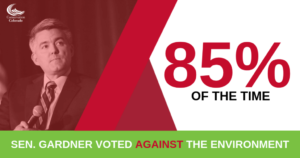 Senator Gardner has failed to fulfill his advertised commitments to renewable energy and the environment. Between 2015 and 2018 he voted against the environment
Senator Gardner has failed to fulfill his advertised commitments to renewable energy and the environment. Between 2015 and 2018 he voted against the environment 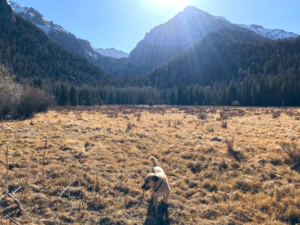
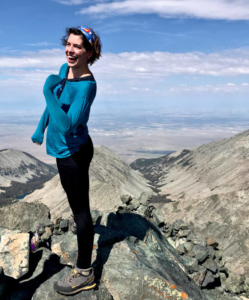
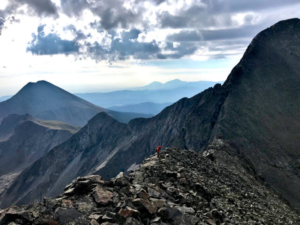
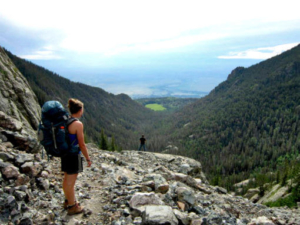
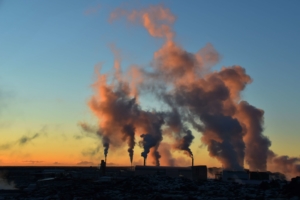
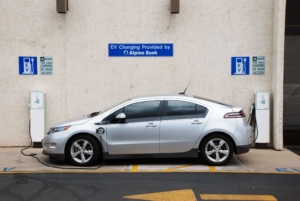
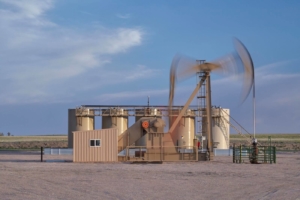
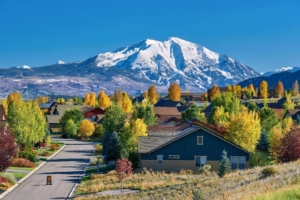
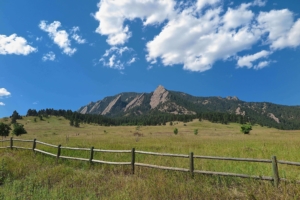
 These victories would not have been possible without you! Thousands of Conservation Colorado members across the state took action this legislative session to ensure a healthy Colorado for years to come.
These victories would not have been possible without you! Thousands of Conservation Colorado members across the state took action this legislative session to ensure a healthy Colorado for years to come.

